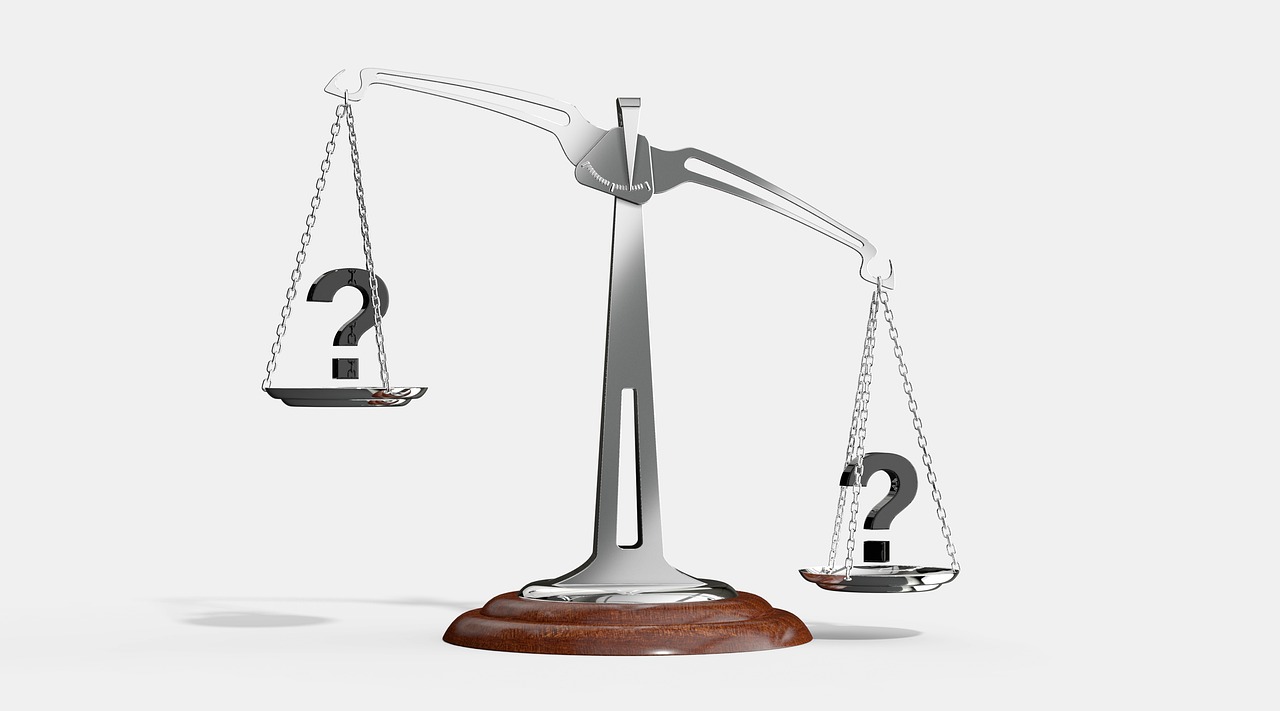
Are you curious about CBD and THC? These two compounds have been making waves in the world of wellness and medicine, but what exactly are they and how do they differ? In this article, we will explore the fascinating distinctions between CBD and THC, including their effects, legality, and pros and cons. So grab a cup of tea and let’s delve into the world of cannabinoids!
What is CBD?
CBD, short for cannabidiol, is a non-psychoactive compound found in cannabis plants. Unlike its counterpart THC, CBD does not produce the famous “high” associated with marijuana. Instead, it is known for its potential therapeutic properties and is commonly used in various wellness products.
Research into CBD’s potential benefits is still ongoing, and scientists continue to explore its various applications. From anxiety and inflammation to epilepsy and chronic pain, CBD has emerged as a promising compound with a wide range of potential therapeutic uses. As more studies are conducted and more evidence is gathered, the understanding of CBD’s mechanisms of action and its full potential may continue to expand.
What is THC?
THC, short for tetrahydrocannabinol, is the primary psychoactive compound found in marijuana. It is responsible for the euphoric and mind-altering effects often associated with cannabis use.
When ingested, THC binds to cannabinoid receptors in the brain, leading to a cascade of effects that can include relaxation, altered perception of time, increased appetite, and enhanced sensory experiences. These psychoactive properties make THC the star of recreational marijuana use.
THC, as a cannabinoid, is just one of the many chemical compounds found in the cannabis plant. It is produced in the resin glands, or trichomes, that are primarily found on the flowers and leaves of the female cannabis plant. These trichomes serve as a defense mechanism against herbivores and pests, but they also contain a treasure trove of compounds that have various effects on the human body.
When THC is consumed, whether through smoking, vaporizing, or ingesting edibles, it enters the bloodstream and eventually reaches the brain. Once there, it interacts with the endocannabinoid system, a complex network of receptors and neurotransmitters that regulate various physiological processes.
The binding of THC to cannabinoid receptors, specifically the CB1 receptors, triggers a series of chemical reactions that result in the release of dopamine, a neurotransmitter associated with pleasure and reward. This flood of dopamine is what creates the euphoric sensation commonly referred to as a “high.”
An Overview of How CBD and THC Differ
Now that we understand the basics of CBD and THC, let’s explore how they differ from each other.
Firstly, while both CBD and THC are derived from cannabis plants, they interact with the body in different ways. CBD does not bind directly to cannabinoid receptors in the brain, which is why it does not produce a high. On the other hand, THC binds strongly to these receptors, resulting in its intoxicating effects.
Secondly, CBD and THC have distinct medical applications. As mentioned earlier, CBD has shown promising results in treating epilepsy and certain neurological conditions. THC, on the other hand, has been used to alleviate nausea and stimulate appetite in patients undergoing chemotherapy or with AIDS-related wasting syndrome.
Understanding the Legality of CBD and THC
The legal landscape surrounding CBD and THC can be quite complex, as it varies from country to country and even within different states or provinces. In the United States, the 2018 Farm Bill legalized hemp-derived CBD products containing less than 0.3% THC. However, THC is still classified as a Schedule I controlled substance federally.
It’s important to note that even though CBD is legal at the federal level, individual states have their own regulations that may restrict the use or sale of CBD. This patchwork of regulations can make it confusing for consumers, but it highlights the need for awareness and research when considering CBD or THC products.
Analyzing the Pros and Cons of CBD and THC
While both CBD and THC offer potential benefits, it’s essential to consider the pros and cons before incorporating them into your wellness routine.
One of the major advantages of CBD is its non-intoxicating nature. It allows individuals to experience potential therapeutic effects without the psychoactive side effects associated with THC. Moreover, CBD is generally well-tolerated, with few reported side effects.
On the other hand, THC’s psychoactive properties might be desirable for some individuals seeking relaxation or relief from certain conditions. However, its intoxicating effects can impair cognitive functions and coordination, making it unsuitable for certain situations, such as driving or operating heavy machinery.
Additionally, THC’s legal status in many regions might limit accessibility for those seeking its potential benefits. CBD, on the other hand, can typically be found in various forms, including oils, tinctures, edibles, and topicals, making it more readily available.
